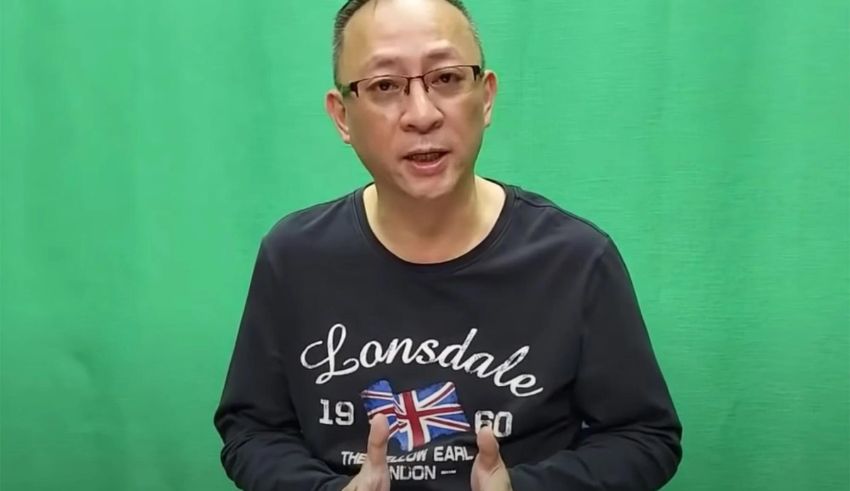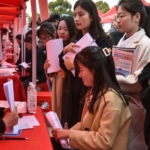
In the shadows of Hong Kong’s dissent crackdown, Edmund Wan, known as “Giggs” in his radio days, found himself facing an unexpected offer. During a recent interview with Radio Free Asia, he unveiled the startling encounter with Chinese state security officers who approached him after his 32-month prison stint for “sedition” and “money-laundering.” Their proposition? Return to broadcasting, but this time as a voice for the Chinese Communist Party (CCP).
Tangled in the Propaganda Web
Wan’s revelation offers a rare glimpse into the intricate web woven by Chinese authorities to recruit individuals to their cause. They urged him to launch a YouTube channel with a specific mission: “Tell good stories about China.” This included reshaping the narrative around Hong Kong, portraying it as transitioning “from chaos to order,” with the draconian security law as the beacon of stability.
Wan’s experience is not an isolated incident. Many individuals on platforms like YouTube and Facebook willingly propagate pro-Beijing content, lured by the allure of rewards. Chinese authorities seize such opportunities, welcoming those ready to echo their agenda.
Shaping Narratives, Silencing Dissent
Pro-Beijing propaganda often relies on tried-and-true narratives, including blaming “traitors and saboteurs” for opposition, using “law and order” to justify crackdowns, and attacking alleged foreign interference and “Western hegemony.” A recent report highlighted extensive cooperation between active social media accounts and state media to perpetuate the party line on Hong Kong.
Keep Reading
China’s Infiltration of Social Media
China’s endeavors to counter negative Western media coverage are gaining ground, especially among overseas Chinese communities. Vigilance is paramount as Beijing allocates substantial resources to infiltrate overseas social media platforms, gradually disseminating its propaganda through seemingly innocuous topics.
Over time, these tactics could divert attention from contentious issues like re-education camps and forced labor. As Chinese influence infiltrates even demonstrations abroad, vigilance remains essential. Experts advise seeking news from exiled Hong Kongers to counteract the propaganda tide.
Beijing’s influence operation, known as the United Front, has successfully isolated local Hong Kong movements and communities. With significant resources dedicated to infiltrating social media, it’s vital to stay aware of this growing problem and choose information sources wisely.
Current affairs commentator Sang Pu warns against Chinese platforms like TikTok, WeChat, and Weibo, urging individuals to seek news from exiled Hong Kongers to counteract the propagandist wave.*
Exiled former pro-democracy lawmaker Ted Hui highlights the influence of Chinese Communist Party online tools, emphasizing the importance of vigilance against the erosion of freedom and democracy values.



























